
Business
11:40, 22-May-2018
What common characteristic will university students have in the future?
CGTN
01:38
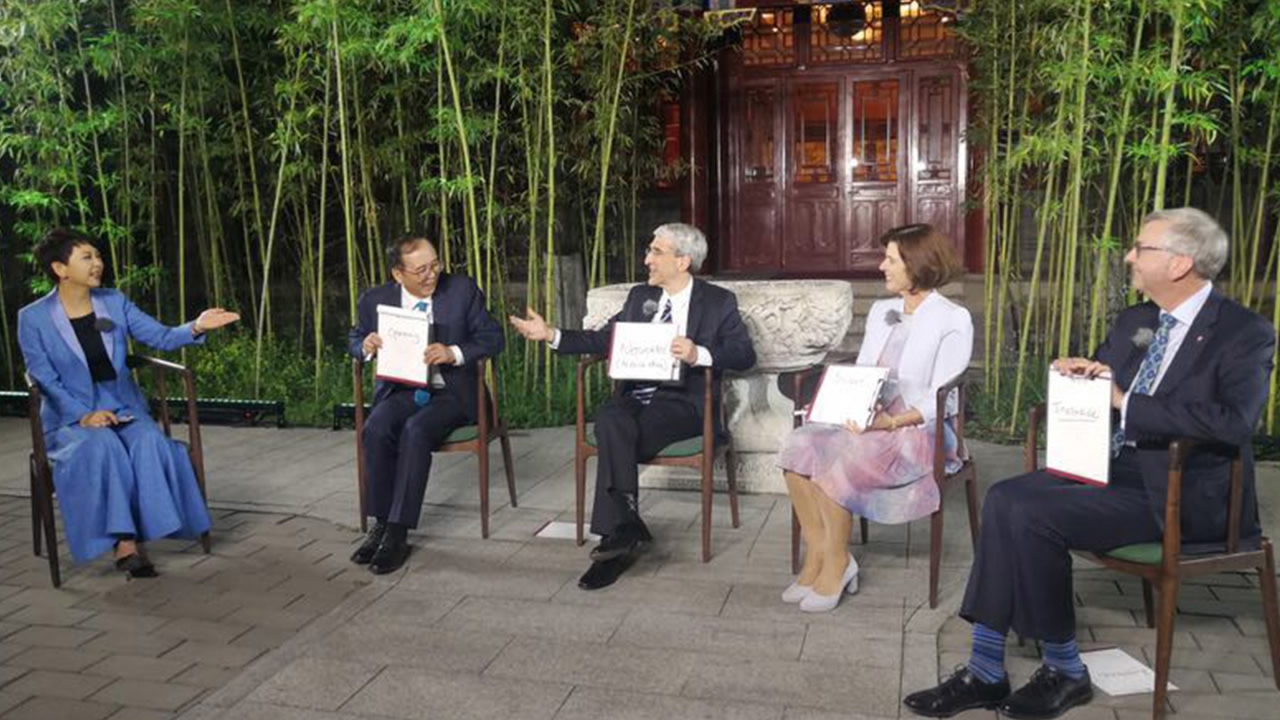
By CGTN's World Insight
It is no secret that a good education has the power to change a life. Education gives one knowledge of the world around us by transforming our way of thinking and developing a different perspective on life.
Looking ahead, what will be the typical characteristics of the next generation of students at the universities level?
Lin Jianhua, president of Peking University, Peter Salovey, president of Yale University, Louise Richardson, vice chancellor at Oxford University and Stephen Toope, vice chancellor at the University of Cambridge respectively join CGTN's World Insight to discuss what the next generation's future looks like at the universities.
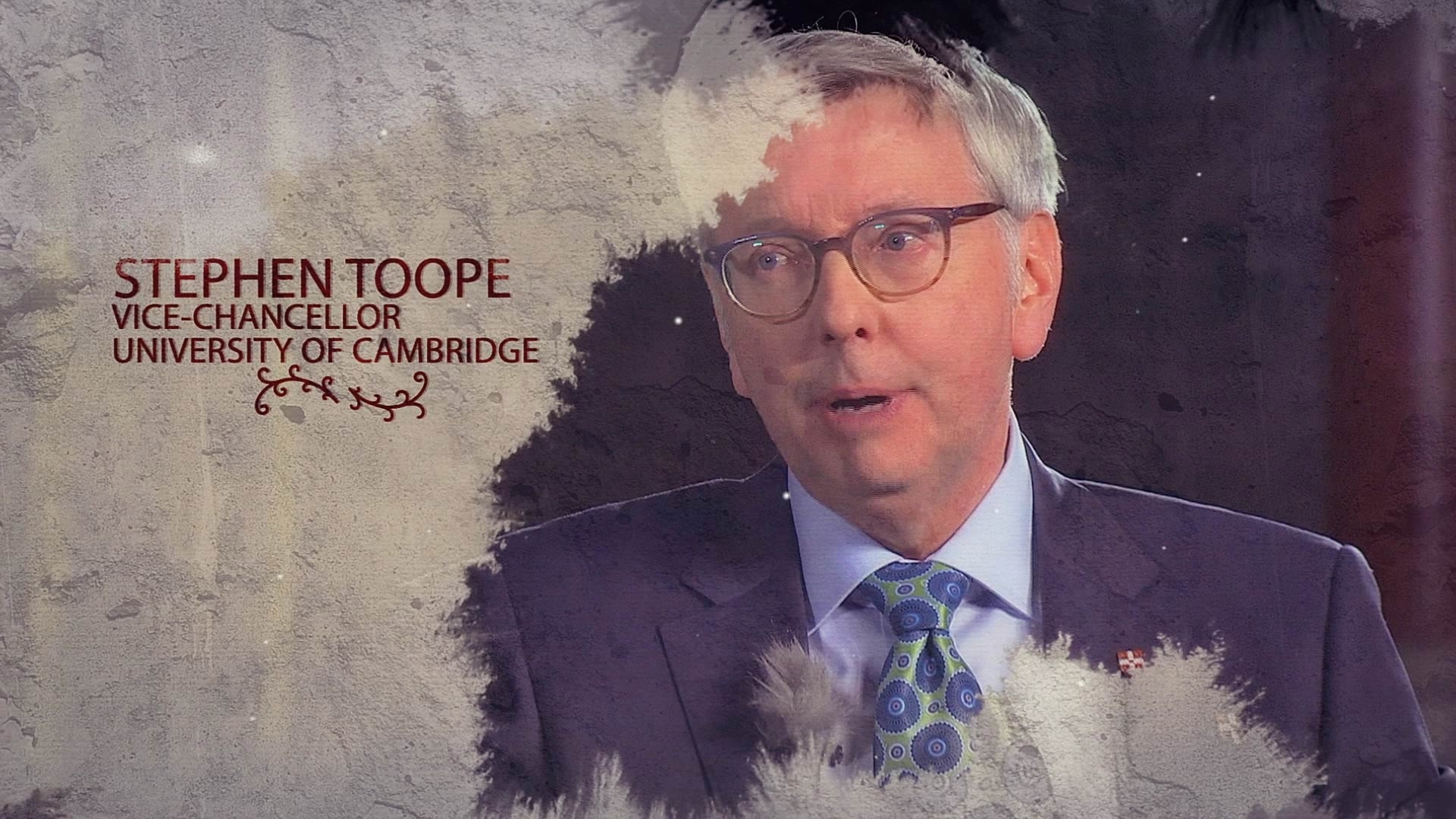
CGTN's World Insight Photo
CGTN's World Insight Photo
"I think our students today are really driven to succeed, in part because they feel a great deal of competition and there is a certain amount of anxiety," Toope continues, "but it also because they have deep desire see the world made better, and I am really inspired by that as a university leader." He believes "ambitious" is the word to describe this generation of students.
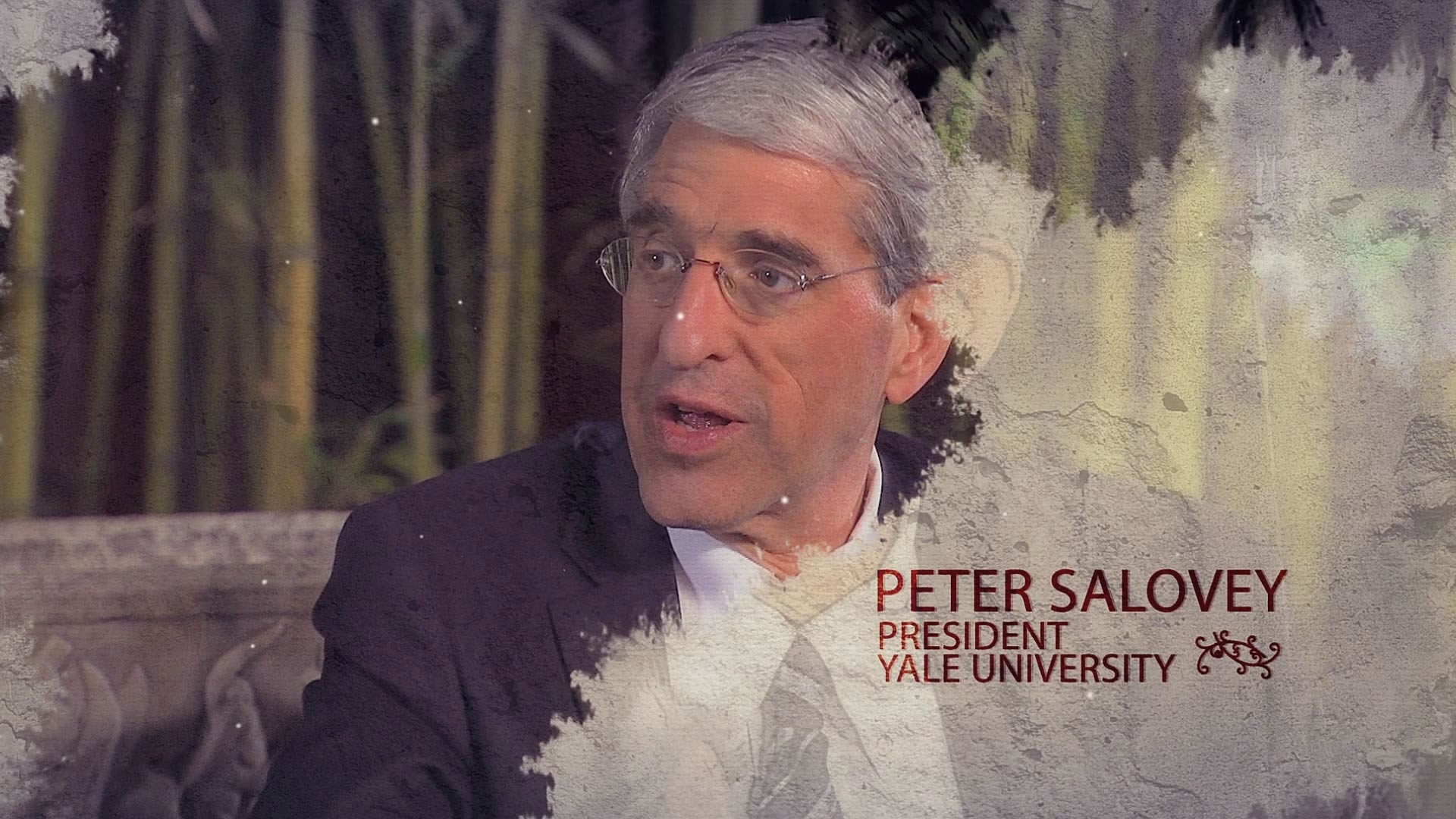
CGTN's World Insight Photo
CGTN's World Insight Photo
Salovey pointed out a different word, "future leader," essentially implying the same meaning. He said, "what we are trying to do is both provides education that is flexible, that allows one to learn throughout one's life, but that tradition of the university combines with just how "motived" and "ambitious" of this generation of students, we are going to see a lots of leaders come out of our universities."
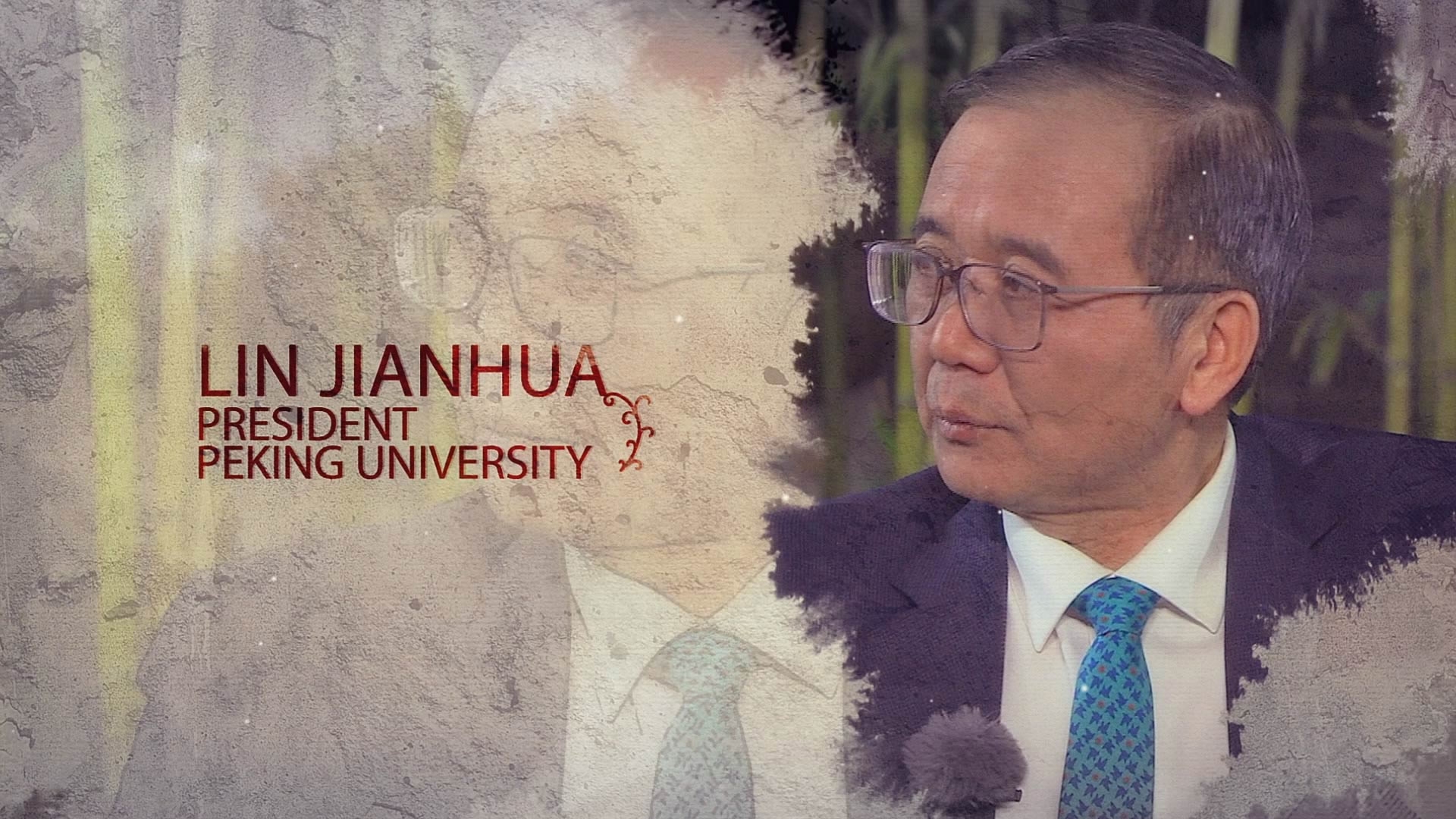
CGTN's World Insight Photo
CGTN's World Insight Photo
May 4 marks the 120th anniversary of Peking University. Established as the Imperial University of Peking in 1898, Peking University is one of the oldest modern institutions established for higher education in China. As a center of progressive ideas, it played a vital role in the May Fourth Movement, a patriotic protest against imperialism.
Lin Jianhua attended Peking University in 1977. After working at the university for 33 years, he says: "The national entry examination made people alike, that is also the reason we would like to promote the diversity of the students. For example, when Cai Yuanpei was the president, one of his ideas is graduates from Peking University should not go into any government officials, you have to stay as a scholar or do some surveys."
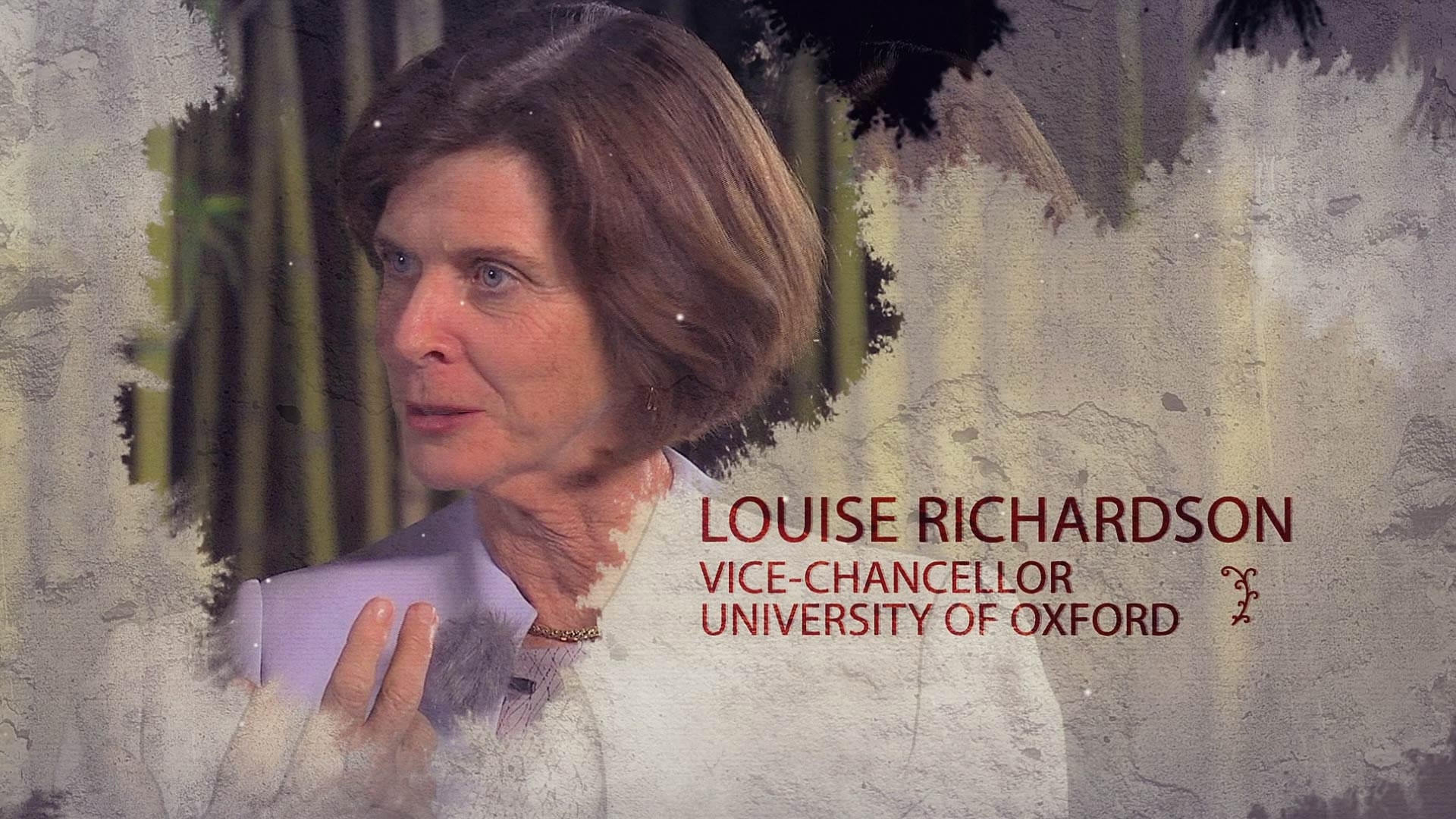
CGTN's World Insight Photo
CGTN's World Insight Photo
In regards to the function of universities, Louise Richardson thinks the changing pace of the world is so fast; it is more important than ever that educators look at the fundamentals precisely, "We are trying to educate students to take jobs we cannot imagine today. So we have to think about giving that we don't know what jobs they have and what qualities they are going to need. So we want to equip them with some certain basic skills, the ability to think critically, to write well, to reason and act ethically, to engage with others in an intellectual fashion."
Tune in to CGTN on May 22 at 22:15 BJT for the World Insight with Tian Wei's 45-minute special.
World Insight with Tian Wei is a 45-minute global affairs and debate show on CGTN. It airs weekdays at 10:15 p.m. BJT (1415GMT), with rebroadcasts at 4:15 a.m. BJT (2015GMT).

SITEMAP
Copyright © 2018 CGTN. Beijing ICP prepared NO.16065310-3
Copyright © 2018 CGTN. Beijing ICP prepared NO.16065310-3